How to Stay Warm as a Lifeguard When It's Cold Outside
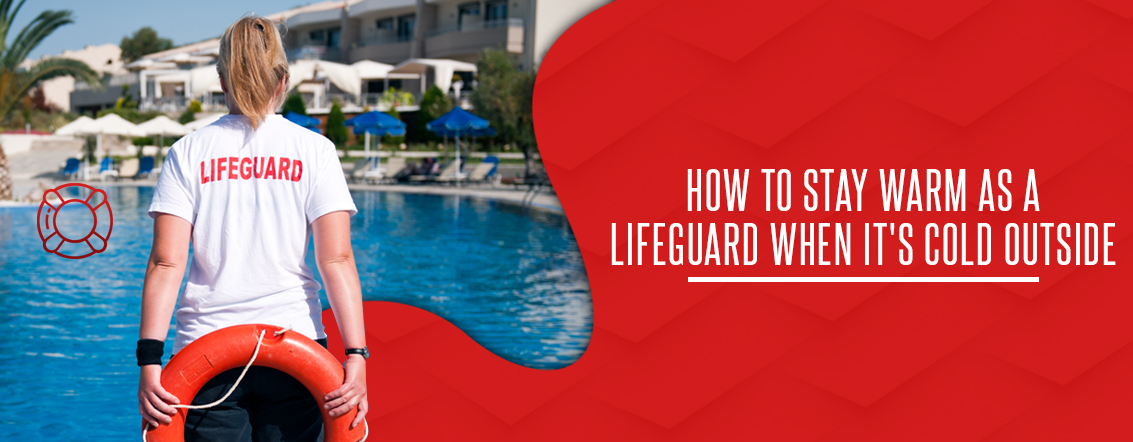

Your body loses heat 25 times faster in cold water than it does in cold air. As a lifeguard, exposure to cold water is often a part of the job — so what can you do to protect yourself? The first step is to equip yourself with high-quality gear and know what to wear in cold water. Stay up-to-date on your lifeguard training, so you also know the correct way to swim in freezing water, including how to stay as dry as possible and how to recognize the signs of hypothermia.
Winter Gear for Lifeguards
Water does not absorb warmth as quickly as the land or air, and it gets increasingly colder the deeper you swim. The key is to dress according to the temperature of the water and not the temperature of the air. To keep yourself warm and safe, make sure you know how to dress as a lifeguard during winter.
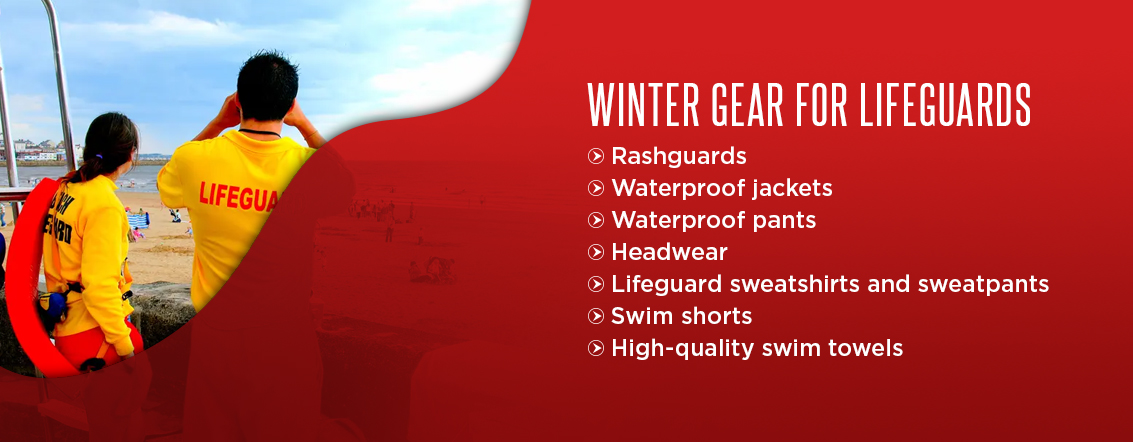
Always have the following cold-weather gear:
- Rashguards: You probably already know that rashguards protect your body from sunburn, saltwater rashes and chafing. You can also use rashguard swim shirts to keep warm. Though not as insulated as a wetsuit, you can wear a long or short-sleeve rashguard under your swim clothes to add a flexible layer of thermal protection. Rashguards also dry quickly, making them one of the most valuable tools for cold-water lifeguards.
- Waterproof jackets: A waterproof jacket, parka or hooded poncho can protect you from cold rain while you're on the stand. Choose a waterproof jacket that is insulated and lightweight, so you can stay dry and warm without losing the ability to move quickly when you need to.
- Waterproof pants: Pair waterproof pants with your rain jacket for ultimate protection from the elements. Invest in a pair of pants that are water-resistant, quick-drying and easy to slip on and off.
- Headwear: You can lose a lot of your heat through your head, so make sure you keep it covered. For cold weather, avoid breaking out your sun visor. Instead, choose either a baseball-style cap to keep your head warm and shield your eyes from the sun or a knit lifeguard beanie for premium insulation.
- Lifeguard sweatshirts and sweatpants: Lifeguard sweatpants and sweatshirts are the best way to stay warm and comfortable during long winter days or early morning shifts on the stand. They are also suitable for off-duty wear, making them a worthwhile investment.
- Swim shorts: When it comes to staying warm, the more of your body you can cover, the better off you will be. If you usually wear a lifeguard tankini or bikini, consider adding a pair of swimming shorts or boardshorts over your uniform.
- High-quality swim towels: During the winter, it's a good idea to have a few extra towels on hand. Make sure you choose a high-quality towel designed specifically for swimming.
When you aren't using or wearing your equipment, make sure you store it in a waterproof bag away from the water or rain. That way, your clothes and towels are ready when you need them.
Tips for Staying Warm in Cold Water
The best way to learn how to stay warm as a lifeguard during cold days and months is to know exactly what to expect, so you can handle cold water situations as they arise.
Train in Cold Water
During your lifeguard training, you will likely learn the basics of swimming and surviving in cold water, including how to conserve energy, the most effective ways to position your body and how to help your body adapt to the water through repeat exposure. This education is vital. Cold water is a threat to even the most experienced lifeguards, and even strong swimmers will begin to lose muscle control after 10 minutes of exposure. Never attempt cold water training on your own or without proper guidance and supervision.
Stay as Dry as Possible
It might seem obvious, but the best way to stay warm as a lifeguard is to keep out of the water unless necessary. Should you have to enter cold water, try to keep as much of your body dry as possible, including your head and hair. The longer your body is exposed to the cold, the higher the risk for hypothermia. After you exit the water, immediately dry your body and hair with an absorbent swim towel and change into dry clothes if possible. Don't forget to reapply a waterproof sunscreen before heading back outside.
Know the Warning Signs of Hypothermia
Hypothermia happens when your body loses heat faster than it can replace it. If water is 70 degrees or colder, hypothermia is possible and that risk increases as the temperature decreases. By 60 degrees, hypothermia should be considered an immediate threat.
Whether you're on-duty or off-duty, it's essential that anyone who spends time near cold water understands the warning signs of hypothermia:
- Severe or prolonged shivering
- Slurred or mumbled speech
- Difficulty breathing, or slow and shallow breath
- Extreme fatigue
- Confusion or memory loss
- Lack of coordination
- A weak pulse
- Loss of consciousness
- Red or very cold skin
Should you or someone else demonstrate symptoms of hypothermia, avoid any sudden or jarring movements, as they can interrupt irregular heartbeats. After calling 911, move to a dry area. Replace all wet clothing with warm, dry layers. If you are guarding an area near cold water, educate swimmers on these dangers and warning signs, especially if they are very old, young or have any existing medical concerns. Hypothermia can become very dangerous, very quickly — understanding the symptoms is crucial.
Find Winter Gear for Lifeguards at The Lifeguard Store
Shop The Lifeguard Store for all of your cold-water survival essentials, including waterproof outerwear, rashguards, headwear, boardshorts, lifeguard sweats and absorbent swim towels. You can also browse our other customer-favorites, such as hip packs, backpacks, whistles, lanyards and much more. If you're just starting out, consider one of our lifeguard kits, which contain all the supplies you need to get started.
Why shop with The Lifeguard Store? We carry a variety of high-quality products from industry-leading brands, so you know you're choosing the best quality gear. Your satisfaction is our top priority — that's why we also offer quick, low-cost shipping, hassle-free returns, free exchanges and a customer satisfaction price guarantee.
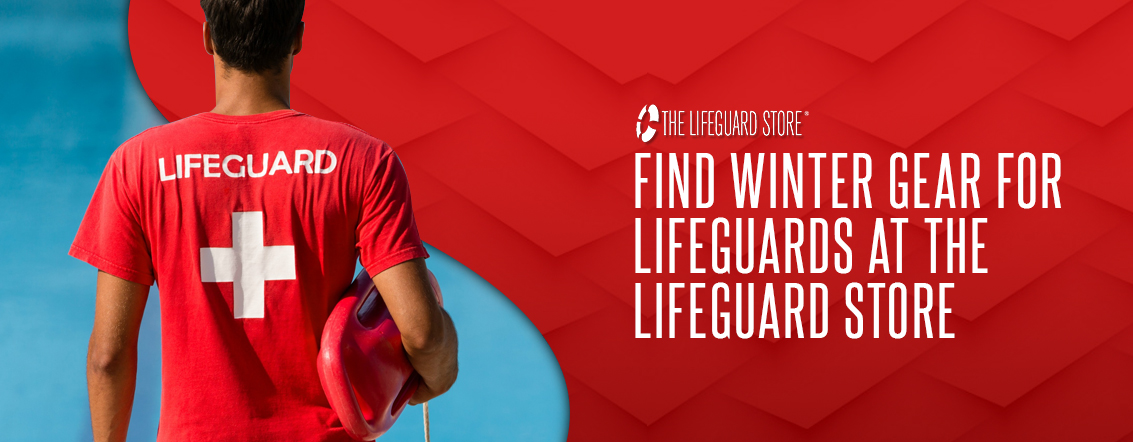
Learn More Lifeguard Tips:
- How to Avoid Sunburn as a Lifeguard
- Tips for Managing and Positioning Your Lifeguards
- How to Stay Safe on the Lifeguard Stand
- How to Handle Disruptive Guests at the Pool
- How to Get Ready for Lifeguard Season
- What You Need to Know About Shallow Water Lifeguarding
- Tips for Maintaining Focus and Improving Scanning for Lifeguards
Share this post
Topics
- Swimming Tips
- 130513
- Fitness
- Prevention
- Technique
- Training
- Workout
- Contest
- POTW
- New
- Kirazies
- Swim Team
- Pool Equipment
- Digital Pace Clock
- Fins
- Swim Goggles
- Krazies
- Practice
- Breath control
- Pull
- Fuel
- Nutrition
- Tips
- Energy drinks
- Competition
- Events
- IMX
- Parent eductation
- Lunch
- Parent education
- Snacks
- Portable fuel
- Triathlon
- Breathing
- Goals
- Planning
- Preparedness
- Aerobic
- Anaerobic
- Hypoxic
- Cycle
- Age grouper
- Swim for life
- Age group
- Kids
- 11-12
- Meets
- Skills
- Swim Fins
- Spandex
- Polyester
- Speedo
- TYR
- Kiefer
- Dolfin
- Durafast
- Aqualast
- XLA
- PBT
- Endurance
- Recreation
- Swimming
- Suit
- Swimsuit
- Swim Caps
- Swim Safety
- Open Water Swimming
- Sim Safety
- Safer Swimmer
- Backstroke Flags
- Pool Flags
- Anti-fog Goggles
- Backstroke
- Swimming pool
- Turns
- Finishes
- Meters
- Yards
- Lycra Swimsuit
- Polyester Swimsuit
- Swimsuit Fabric
- Swimsuit Material
- Competitive Swimwear
- Learn To Swim
- Floaties
- Life jacket
- Life vest
- Racing Lanes
- Early workout
- Alarm
- Sleep
- Lifeguard
- Water Safety
- Mobile Friendly
- Lane Ropes
- Training Gear
- Kickboard Review
- Kickboard
- Olympic Swimmer
- Bathing Caps
- Lycra Caps
- Silicone Caps
- Latex Caps
- Swim Practice
- Swim Workout
- Pools
- Save our pools
- Motivation
- Swim Gear Advice
- Swim Sweepstakes
- Holiday shopping
- Gifts
- Holiday
- Thanksgiving
- Turkey day
- Holiday training
- 2014
- New Year
- Fun training
- Swimming Cramps
- Google Catalog
- Kiefer Catalog
- Swimsuit Catalog
- Lifeguard Catalog
- Swim Backpack
- Swim Cap
- Tech Suits
- Swim
- Christmas
- Swim Meets
- Swimming Trivia
- Swimsuit Sizing
- Swimming Stretches
- Swimming Injuries
- Swimmer Gifts
- Hand Paddles
- Olympic Swimming Comebacks
- Rio 2016
- Swimsuit Backs
- 15M Marker
- Dolfin Uglies
- Carb Loading
- Rescue Tube
- Underwater MP3 Player
- Swimming Songs
- Lifeguard Whistle
- Butterfly
- Swimming technique
- Technical suit
- Tech suit
- Usaswimming
- Ban
- Club swimming
- Olympic trials
- Age group swimming
- Arena
- Olympics
- World championships
- Super suit
Tags


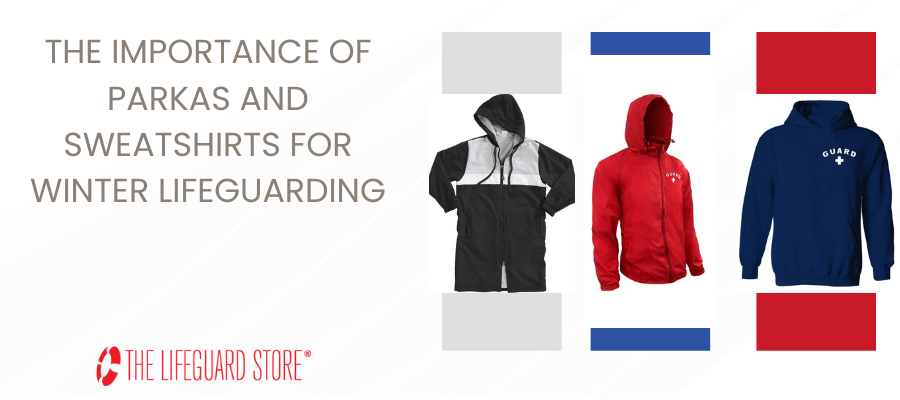
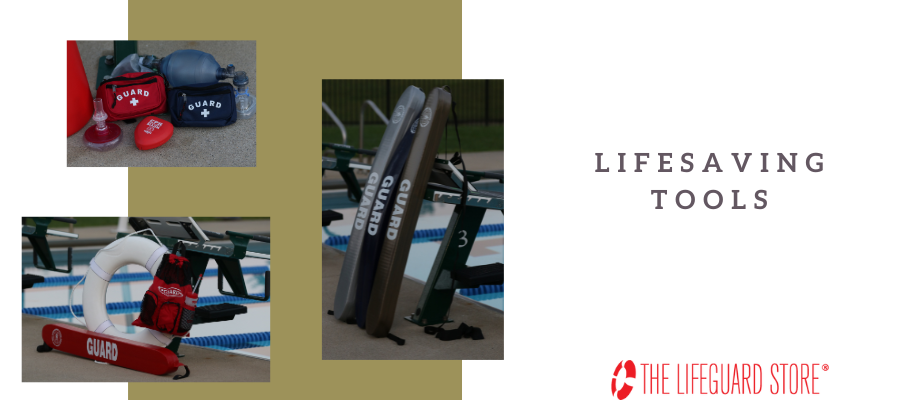
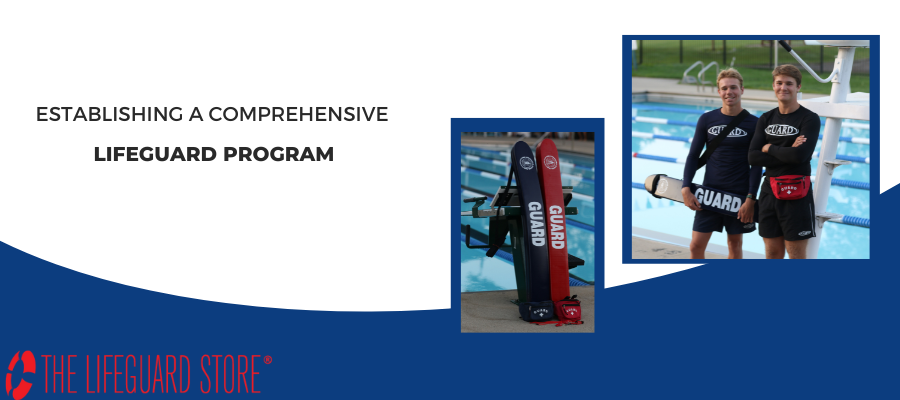
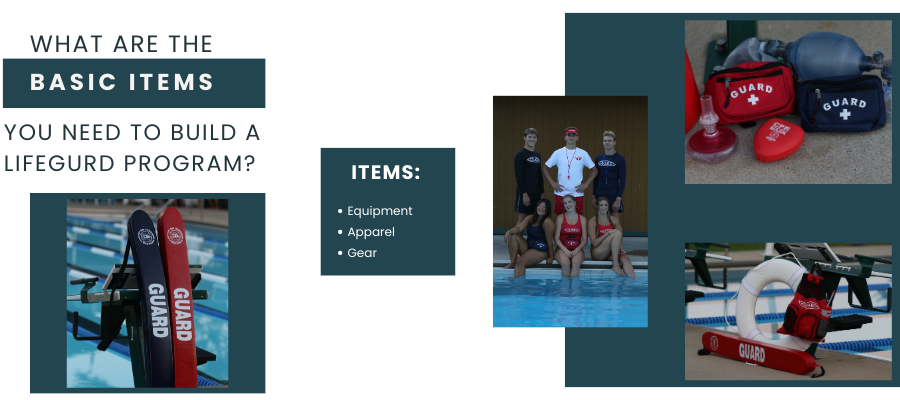
Leave a Comment
Your email address will not be published. Required fields are marked *